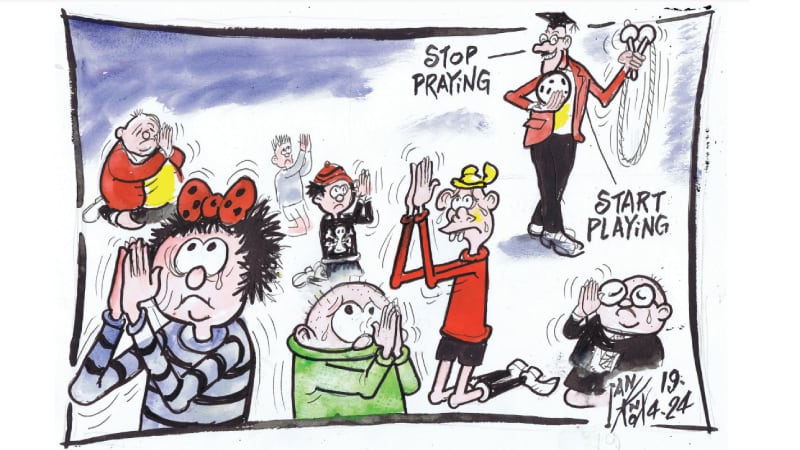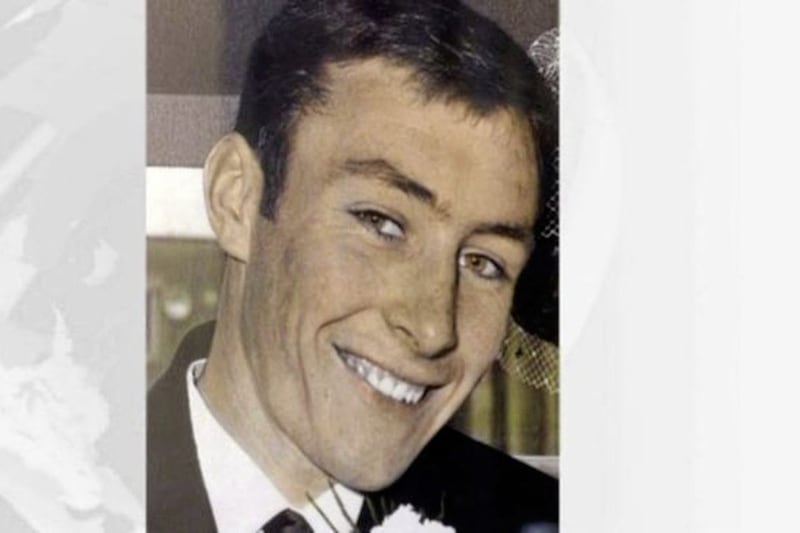The collapse of the trial of two soldiers accused of killing Official IRA man Joe McCann provides a recent example of how the past continues to dominate the present.
For some it presented clear evidence of a system weighted against those who seek to hold the state to account.
For others it highlighted the difficulties involved launching prosecutions decades after the alleged offences took place.
The Public Prosecution Service's (PPS) decision to offer no further evidence in the case of Soldier A and C in the McCann case came at a critical time in the legacy discourse.
For months leaked stories have appeared in sections of the British press hinting that a defacto amnesty for Troubles related offences will be put in place.
The worst fears of some were realised yesterday when Secretary of State Brandon Lewis confirmed plans to introduce a statute of limitations for offences committed before 1998.
For many nationalists this is simply another, and very public, attempt by the British government to conceal the role of its assets, including British soldiers, in the Troubles.
Loved ones of people killed directly by security forces, or where collusion is suspected, say that in the past they have encountered difficulties accessing information held by the British army and PSNI.
In the case of the McCann family it took 50 years to have those suspected of his killing put before a court.
The case collapsed after evidence presented by the PPS was deemed inadmissible.
Since the collapse the McCann family has made a fresh application for an inquest.
With the British government now confirming they are also considering closing down access to inquests and civil proceedings families like the McCanns may well be left with literally no recourse.
The collapse of the McCann trial should not be viewed in isolation.
Since then the prosecution of two other British soldiers, F and B, have been halted after the PPS reviewed the cases.
Soldier F, who was named at Westminster this week by Colum Eastwood, has been accused of murdering two men, William McKinney and Jim Wray, on Bloody Sunday in Derry in 1972.
Soldier B was accused of murdering 15-year-old Daniel Hegarty in 1972.
Mr McCann's widow Anne is now set to sue PSNI claiming soldiers were not "subject to effective criminal justice investigations".
If the British government's proposals go through as they stand this will remain the case.








